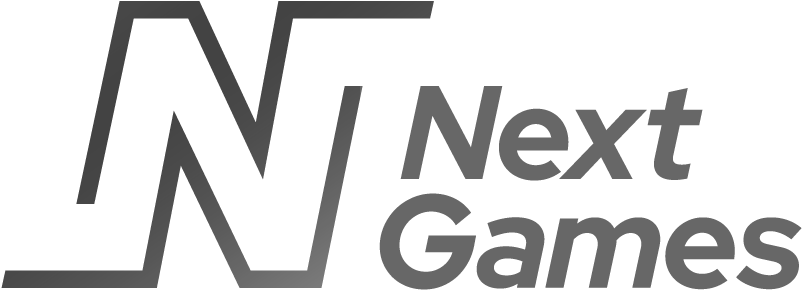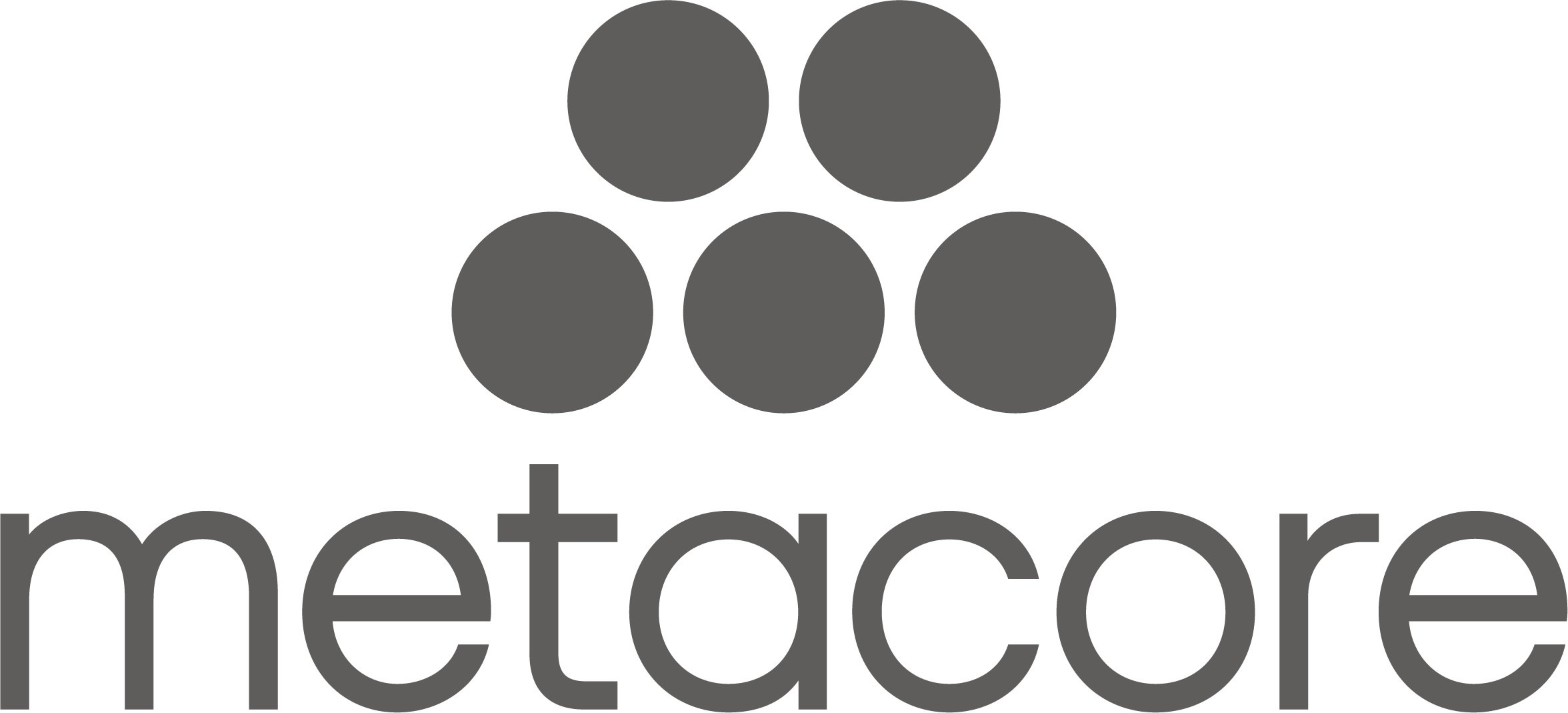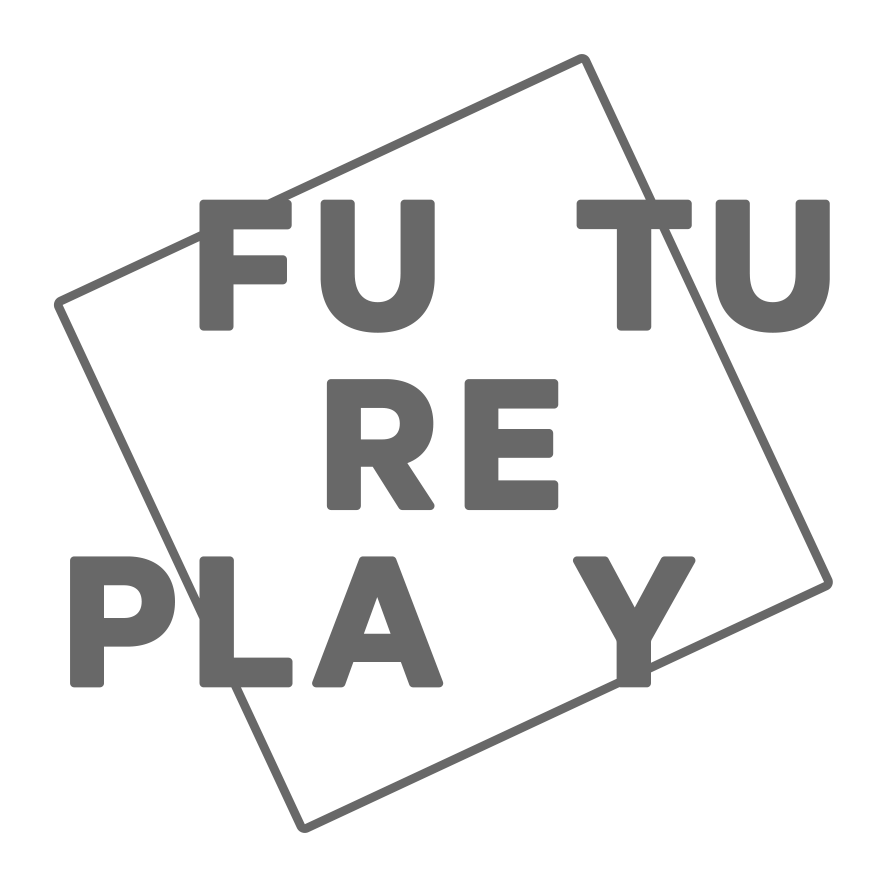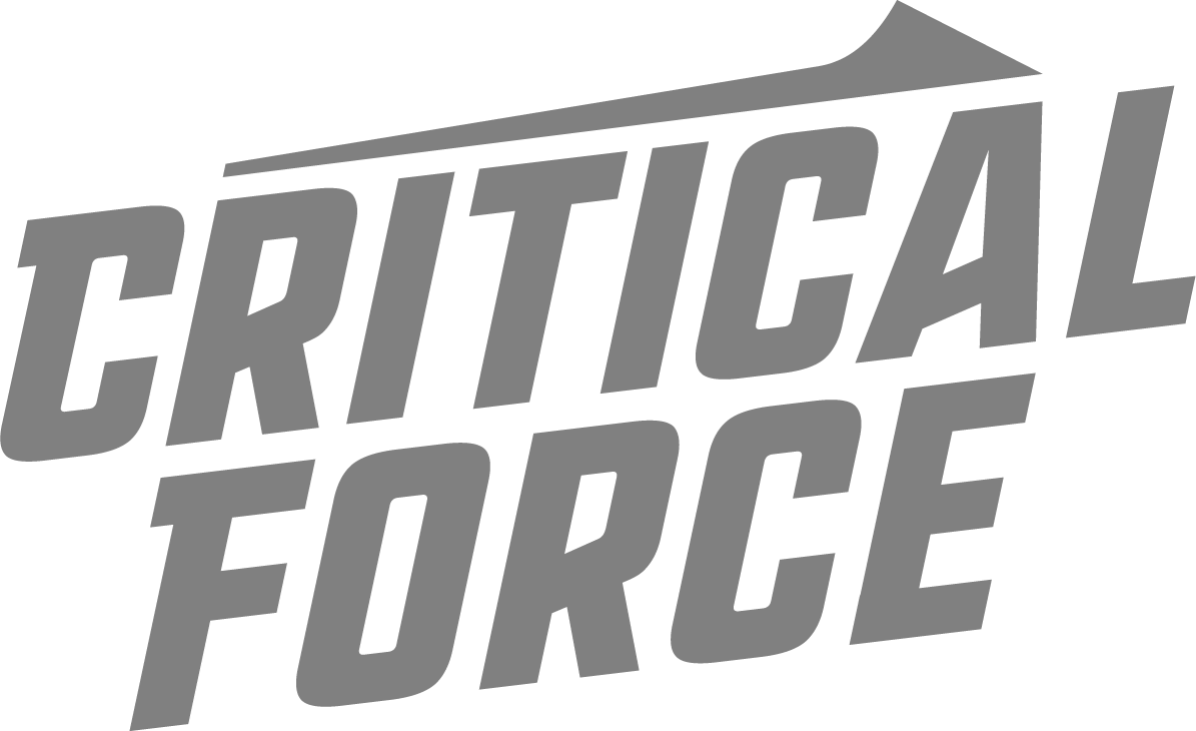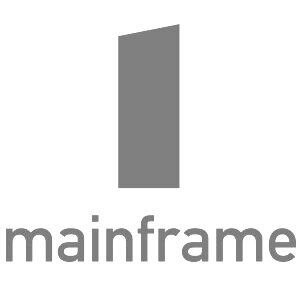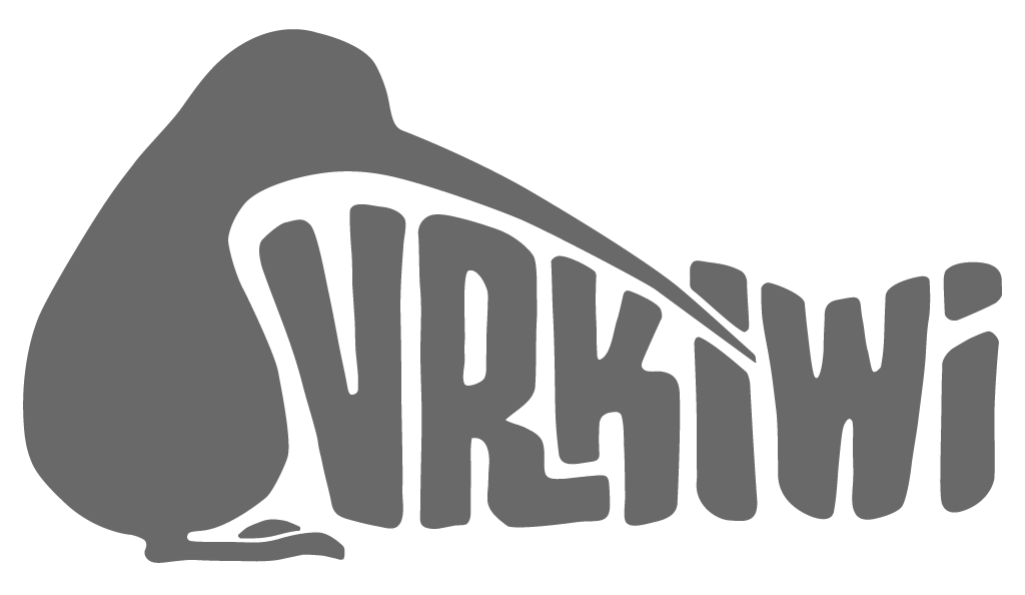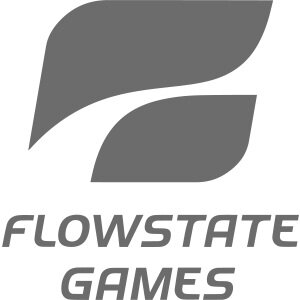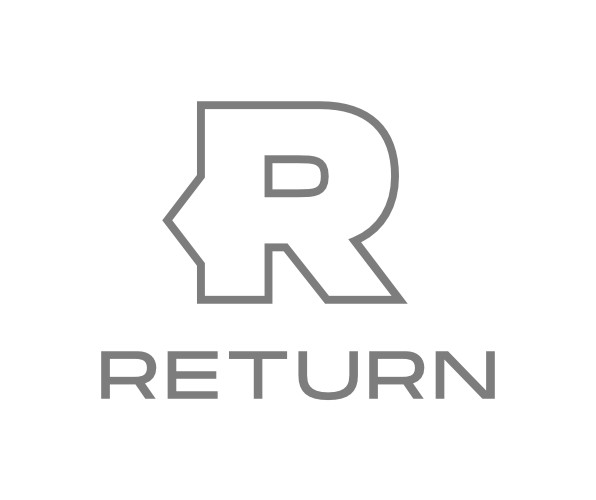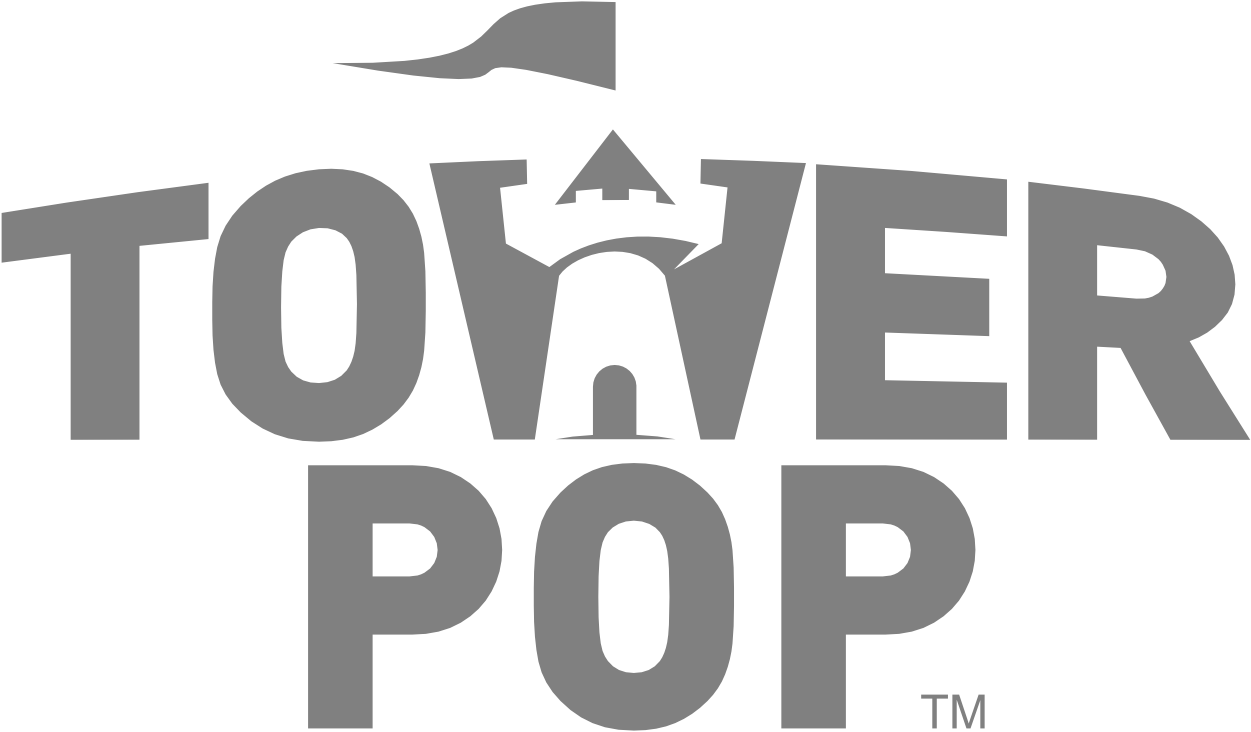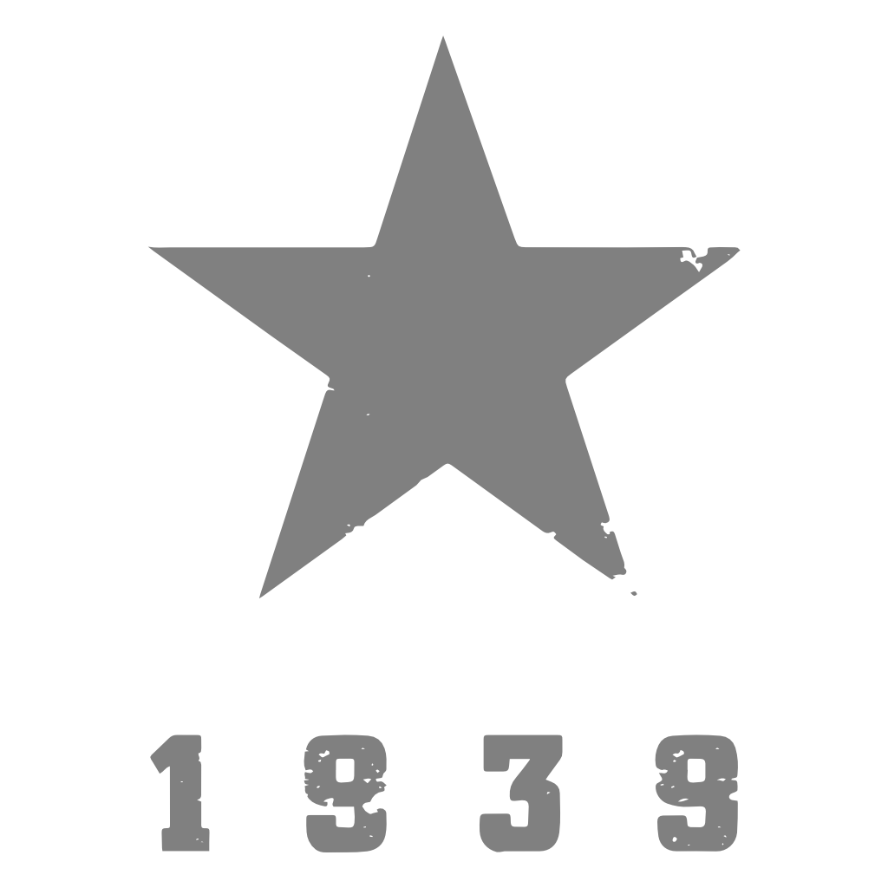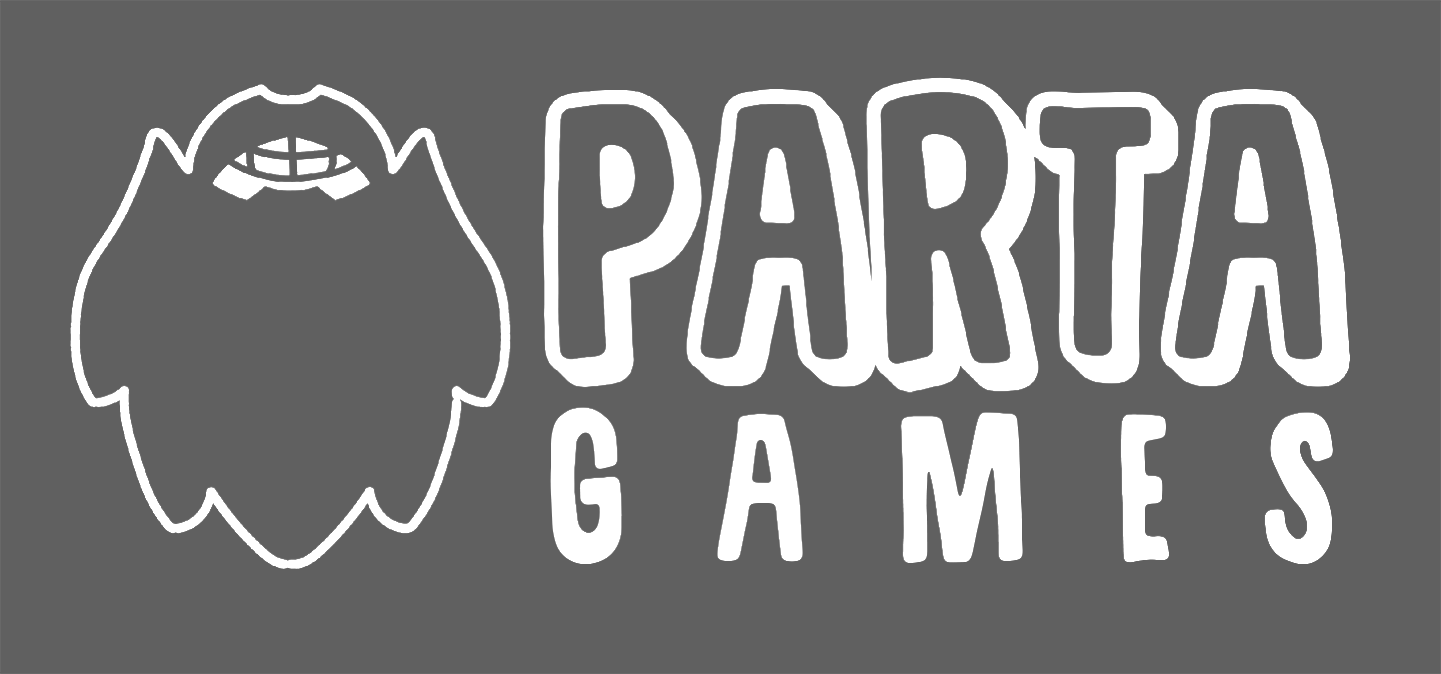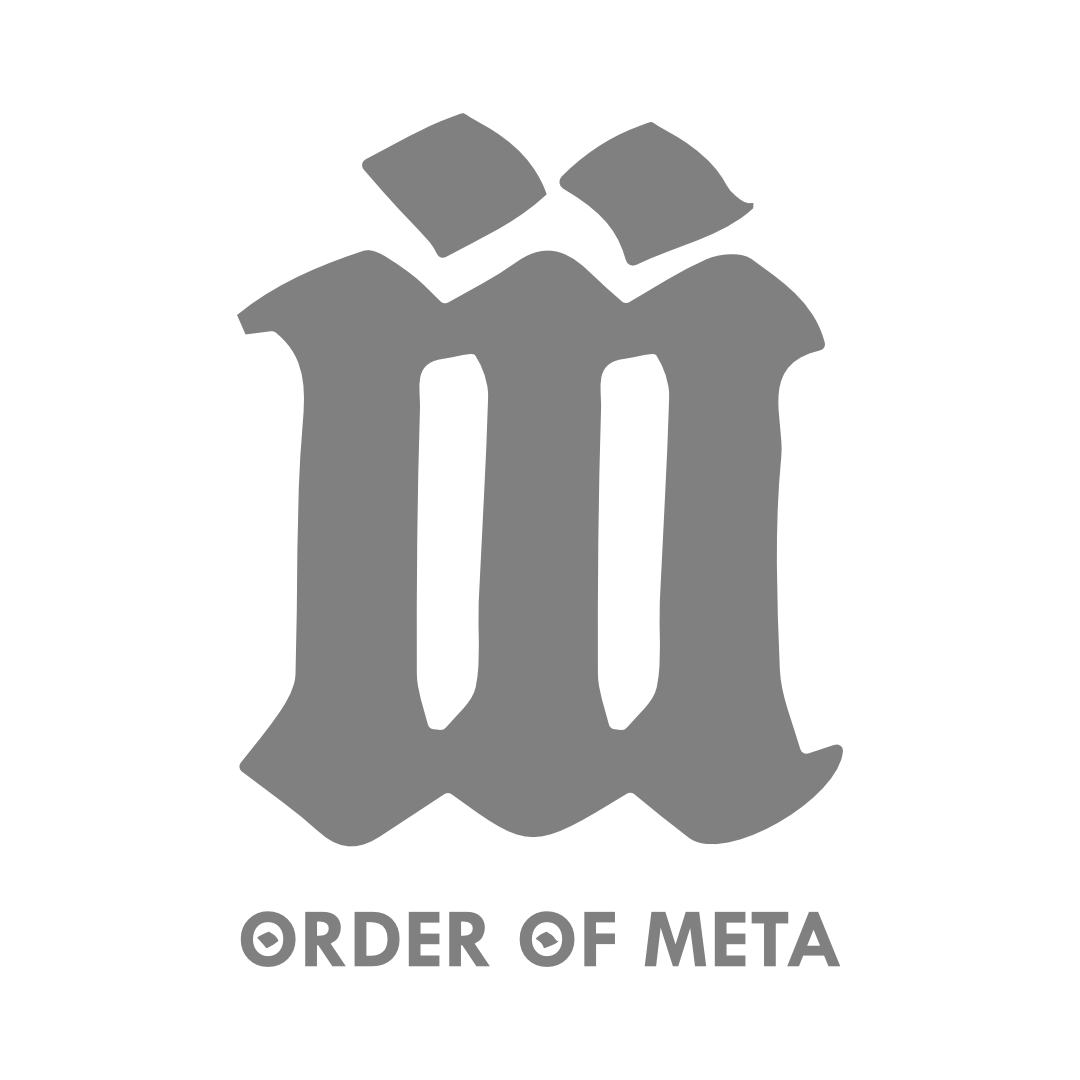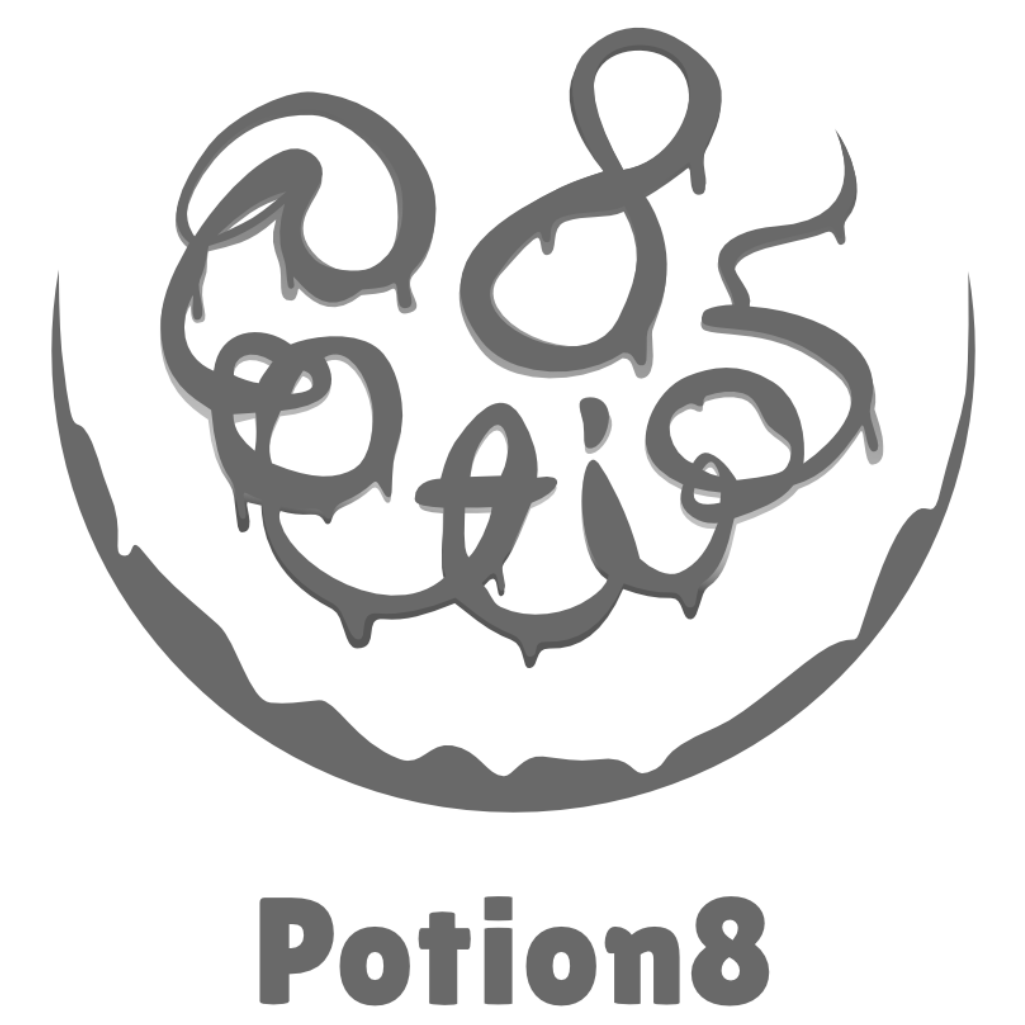Games for Health Finland and IGDA Finland Turku Hub Gathering in Sparkup Turku 10.12.2015
/On Thursday 10 December researchers and professionals from the gaming industry and health care sector gathered in the ICT-building in Turku. The seminar was organized by Turku Science Park and keynotes were held on topics like the serious game market in China, exercise games for the elderly and emerging trends in health games.
The seminar guests could also try health games themselves in an exhibition outside of the seminar room. There were virtual reality exercise bikes, health care robots and different physical games to play.
Making healthcare fun
Some reflections on the seminar: a lot of people seem unhappy with the concept of “serious games” and other suggestions popped up during the day, like ”applied games”. The word “serious” makes you think if something that is not primarily fun, and the point of gamifying health care is to make it more fun. Health games have a track record of not being very “good games”, so this is an area that needs development. If gamification is to actually work, the games have to be good and as engaging and addictive as mainstream games.
The atmosphere was optimistic. We are still only in the beginning of developing health games as a business, even though the idea of health games is not new anymore. But there is much potential for growth, and Finland is in a leading position. The problem right now is the lack of actual finished and good products. Health care researchers brought up the various challenges in creating health games: are they supposed to be actual medical devices with all the extensive and time-consuming testing and research that is needed for certification? Validation and testing processes in health care are very slow.
As an answer to this there is a research project in Turku University where commercial games are being tested on people with brain injuries. Could already existing and engaging games help in rehabilitating these people? As part of this project, player preferences are also being researched. If health games are to be effective at all, we also need to understand what kind of games different kinds of people like to play. A good finishing point for the seminar was the statement that creating good and effective health games, requires focusing on: 1. Entertainment, 2. Mechanics, 3. Player preferences, 4. Business model.
IGDA gathering and after party
In the evening IGDA took over and hosted an after party for everyone. The gathering was held in the newly opened Sparkup facilities, where Boost Turku, Creve and Turku Science Park are giving the local start up scene a cool new home.
There were presentations by NordicEdu, Morrow games, Ikoniac, Boost, Turku Game Lab and Quadro Delta.
Tatu Laine’s post mortem of NordicEdu’s math game Tile Tales was very insightful. Tile Tale is math, puzzle game with beautiful graphics and music that was aimed at a core audience of casual, social gamers and puzzle lovers. Developing it took two years, and it was first launched as F2P on the Windows phone. And this autumn it was launched on Appstore as a premium game, and it was featured in several countries, still it did not make it to become a big hit, even though reviews were largely positive. Tatu’s message to us all was that they had to eat a lot of humble pie, but “it’s a good pie”.
The other talks were a bit shorter, but no less sweeter. Liisa from Morrow games presented their horror game Crowmire. Jaakko from the new game company Ikoniac presented their work on a sci fi, puzzle game with deep storytelling for mobile (and they are hiring!). Konsta from Boost told us some more about the coming Startup Journey 2016. Natasha from Turku Game Lab gave us some exciting news about new developments for next year (Turku Game Lab is entering the entertainment industry). And finally Vitali from Quadro Delta blew our minds with a new, almost finished game trailer.
After the presentations the evening continued with drinks, snacks, networking and some gaming on Sparkup’s huge TV screen.
IGDA Finland Turku Hub wishes you a Merry X-mas and Happy New Year. Hope Santa brings you something nice!















